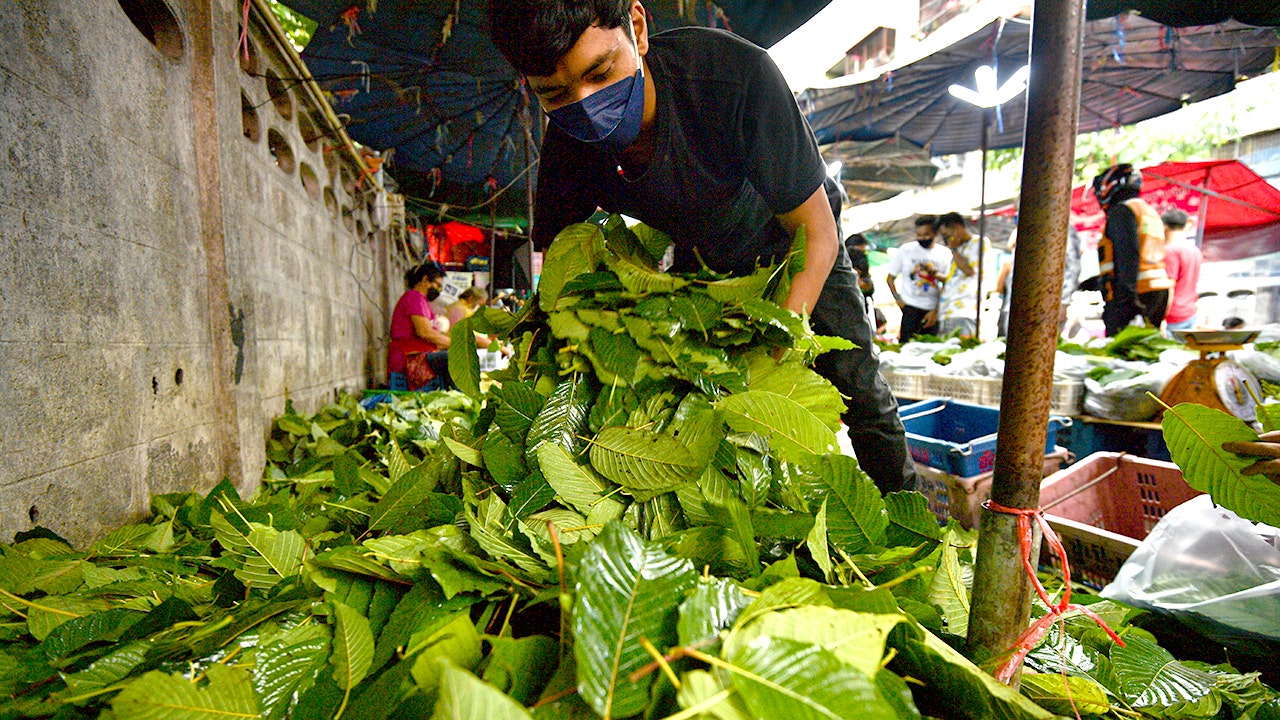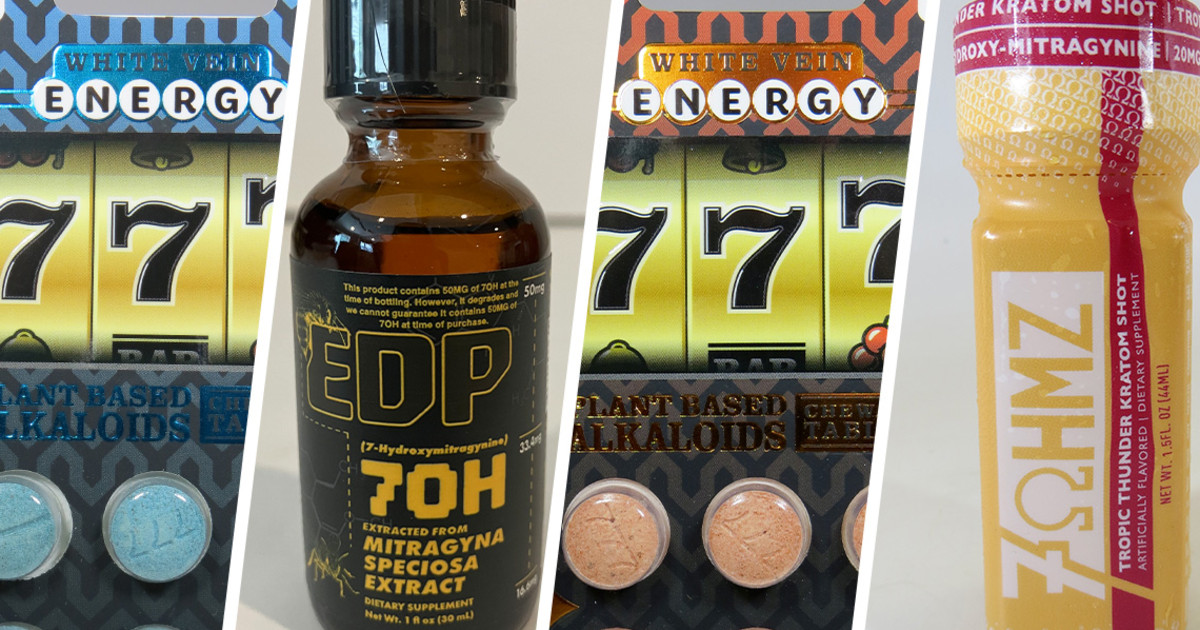US Health Officials Target Potent Kratom Ingredient 7-OH
US health officials and the FDA are intensifying efforts against kratom products containing 7-hydroxymitragynine (7-OH), a potent opioid-like ingredient, due to addiction and overdose reports.
Subscribe to unlock this story
We really don't like cutting you off, but you've reached your monthly limit. At just $5/month, subscriptions are how we keep this project going. Start your free 7-day trial today!
Get StartedHave an account? Sign in
Overview
- US health officials are intensifying efforts against kratom products, specifically targeting 7-hydroxymitragynine (7-OH), an opioid-like ingredient more powerful than morphine, due to its potent effects.
- Federal regulators have investigated kratom for a decade, prompted by numerous reports of addiction, injury, and overdose, leading the FDA to issue warning letters to companies.
- Health officials recommend placing 7-OH containing kratom products on the federal government's most restrictive illegal drug list, a significant proposal currently under review by the DEA.
- The FDA's action specifically targets products with the potent 7-OH chemical, clarifying that natural kratom leaf products are not the focus of this current regulatory crackdown.
- A public report will educate consumers on 7-OH's risks and its distinction from the kratom plant leaf, amidst the American Kratom Association's lobbying against restrictions.
Report issue

Read both sides in 5 minutes each day
Analysis
Center-leaning sources frame this story by emphasizing the severe public health risks associated with 7-OH products and the urgency of the FDA's recommendation. They highlight official warnings about overdoses and the product's marketing to children, portraying it as a significant threat. While including some counterpoints, the collective narrative prioritizes the need for strict regulation.
Articles (8)
Center (2)
FAQ
7-hydroxymitragynine (7-OH) is a potent opioid-like alkaloid found in some kratom products that acts as a mu-opioid receptor agonist with greater potency than morphine, leading to risks of addiction, overdose, and respiratory depression.
US health officials target kratom products containing 7-OH due to its strong opioid-like effects, higher potency than morphine, and reported cases of addiction, injury, and overdose linked to this ingredient, prompting calls for regulatory restrictions.
From July 2016 to December 2017, kratom was detected in 152 overdose deaths in the US, making up less than 1% of all substance overdose deaths in that period; most cases involved multiple substances alongside kratom.
No, the FDA's current crackdown specifically targets kratom products containing the potent 7-OH chemical and clarifies that natural kratom leaf products are not the focus of this regulatory effort.
Health officials recommend placing kratom products with 7-OH on the federal government’s most restrictive illegal drug schedule, a proposal under review by the DEA, alongside consumer education efforts about 7-OH’s risks.
History
- 3M

 4 articles
4 articles






